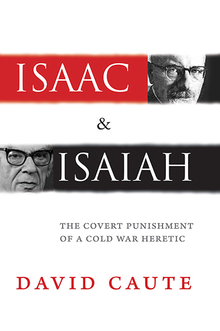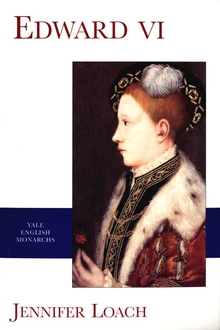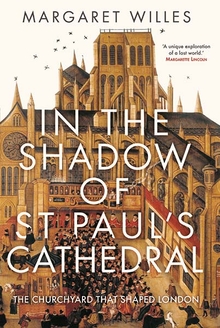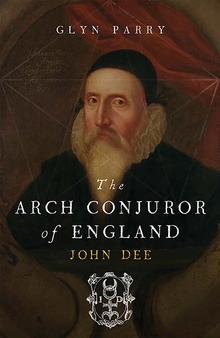Isaac and Isaiah
WARNING
You are viewing an older version of the Yalebooks website. Please visit out new website with more updated information and a better user experience: https://www.yalebooks.com
The Covert Punishment of a Cold War Heretic
David Caute
Rancorous and highly public disagreements between Isaiah Berlin and Isaac Deutscher escalated to the point of cruel betrayal in the mid-1960s, yet surprisingly the details of the episode have escaped historians’ scrutiny. In this gripping account of the ideological clash between two of the most influential scholars of Cold War politics, David Caute uncovers a hidden story of passionate beliefs, unresolved antagonism, and the high cost of reprisal to both victim and perpetrator.
Though Deutscher (1907–1967) and Berlin (1909–1997) had much in common—each arrived in England in flight from totalitarian violence, quickly mastered English, and found entry into the Anglo-American intellectual world of the 1950s—Berlin became one of the presiding voices of Anglo-American liberalism, while Deutscher remained faithful to his Leninist heritage, resolutely defending Soviet conduct despite his rejection of Stalin’s tyranny. Caute combines vivid biographical detail with an acute analysis of the issues that divided these two icons of Cold War politics, and brings to light for the first time the full severity of Berlin’s action against Deutscher.
“What could have been a minor academic squabble is transformed here into a wide-ranging discussion of some of the major ideological disputes of the 20th century – Marxism, Zionism, liberalism and the significance of the Russian revolution.”—The Economist
"[Caute] has expanded a cold war footnote into an entire volume, but has performed a valuable service in doing so." Tariq Ali, The Guardian.
“Caute shows his mastery of the history of ideas as well as his gift for biography in dissecting, chapter by chapter, the dozen or more issues on which Berlin’s and Deutscher’s views were irreconcilable.”
“In conclusion, Caute raises a new and pertinent question: would the world-renowned travelling prophet of protest and revolution have fitted into ‘the undramatic, hidden-away routines of a very small, new university with only (at that time) about give hundred students’?”
“Caute’s book will make a lasting contribution to our knowledge of the lives and actions of two remarkable figures of the Cold War era, perhaps particularly of the better known and more highly regarded one, Berlin. Indeed, Isaac and Isaiah has already become one of the very few secondary studies to get a footnote reference in the massive, just-published third volume of Berlin’s correspondence.”
—Roger Morgan, Times Higher Education Supplement, 18th July 2013
“The success of his book is that he presents Berlin and Deutscher in an empathetic, nuanced way.”
“Berlin was himself one of the great witnesses of his age and the final volume of his letters will complete one o the most important collections of correspondence of the century.”
—Duncan White, The Daily Telegraph, 20th July 2013
“To Berlin, Deutscher was ‘the only man whose presence in the same academic community as myself I should find morally intolerable.’ Berlin made that remark to Mr Caute in 1963. Now, 50 years later, the intellectual historian has returned to the conversation and made I the overture to a dual character study, which is also an effective tour of the Cold War’s intellectual horizons.”
“Even readers who end up preferring the prophet over the patriarch, however, will find themselves informed and absorbed by Mr Caute’s portrait of the intellectual battles of the Cold War – a time when ideas really did have consequences.”
—Adam Kirsch, The Wall Street Journal (European edition), 22nd July 2013
“As a picture of the intellectual life of half a century, Isaac and Isaiah is a beguiling guide, superbly written and never less than absorbing.”—Ferdinand Mount, The Spectator
“The strength of Caute’s book lies primarily in its interweaving of central ideological issues in the Cold War debate with pertinent biographical details concerning his two chief protagonists.”—Robert S. Wistrich, Standpoint Magazine
Publication Date: July 14, 2015







